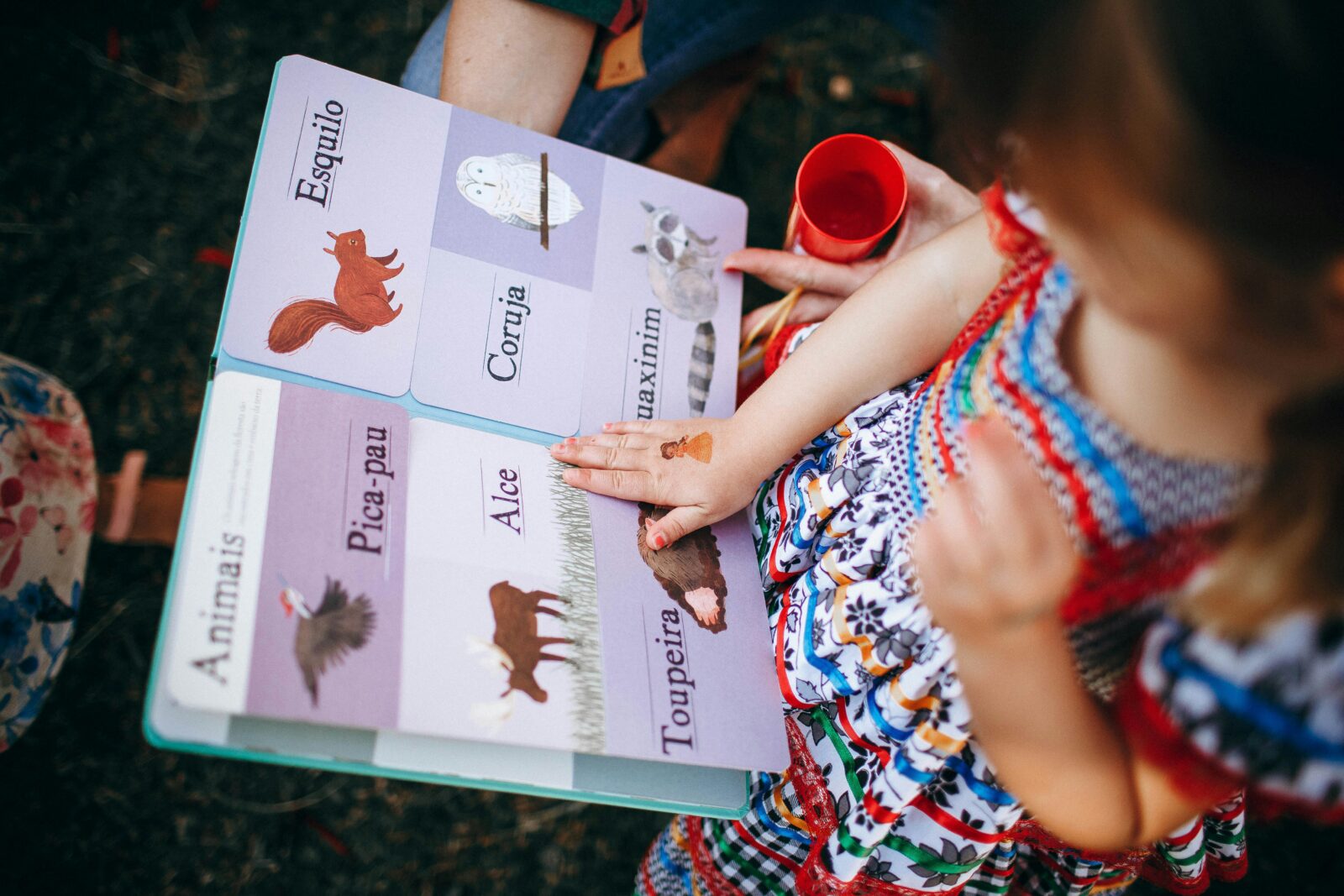During the early childhood stage, education is essential in the lifelong learning. It makes an impression on their minds and hearts of young children and leads the children through their tender years. With the society becoming more aware of this significance, the need to have qualified teachers keeps growing day by day. Are you thinking about a career in this great profession? Early childhood course-work may help you gain valuable insights and skills.
Consider yourself in the footsteps of a child when the child explores the world. You can make a difference in their development at these important years. Then how do you become an effective early childhood educator? What are you going to find out in early childhood education classes? Let us delve into the specifics about how the studies conducted in early childhood education classes bring theory into practice.
The Importance of Early Childhood Education
The basis of the lifelong learning is early childhood education. It is a nurturing period of cognitive, social, as well as emotional skills.
Kids are curious. The programs of early childhood exploit this curiosity in the creation of creativity and critical thinking. It is during these early years that the way they communicate with the surrounding world is determined.
Positive early experience in learning areas may determine the success of a learner later in life. Studies indicate that the children who are taken through structured learning environments are better in later life.
In addition, early childhood education facilitates life skills such as communication and cooperation. Because of group activity, children learn to communicate and gain empathy.
Spending in such programs does not only increase benefits of individuals alone, but the society in general. The youth with educated minds play a positive role in communities, bringing about an educated society that is well prepared to face challenges in future.
Key Concepts and Theories in Early Childhood Education
The early childhood education key concepts and theories are some of the foundations of learning experiences. It is important to know stages of child development. Children develop differently and this is a combination of genes and the environment.
Constructivist theories emphasize the ways children learn by exploration and through interaction. They explore and act on their environment, one which constructs knowledge in the process instead of accepting knowledge as it is through the passive process of observation.
Social constructivism, another important theory, lay stress on social interaction as part of the learning process. Children not only grow in thinking, but they also acquire vital social skills thanks to play and cooperation.
There is also the value of safe bonds with the caregivers as specified by attachment theory. Good relationships create emotional stability, which allows performance in learning institutions.
Multiple intelligences put forward the idea that children have a variety of talents other than the conventional academic abilities. It is also important to understand that the special areas of strength can assist educators to design ways of addressing individual needs.
Types of Early Childhood Education Courses
early childhood courses are offered in various forms and take a different shape and inclination to suit the interests and career aspirations.
Certificates are the most common action when people want to join the field within a short time. They concentrate on the fundamental skills in education, including such key aspects as child development and classroom management.
A more detailed curriculum is provided by associate degrees. These two-year programs are more immersive in terms of theoretical learning of educational theory, methods of teaching, and approaches to family engagement.
Bachelor degree programs train students to take up high positions in early education. In this case, students are discussing the aspects of leadership and policy considerations as regards the learning in preschool.
There is a traction in online courses as well. They allow working adults to fit their schedules and still bring useful materials on the current teaching strategies as well as the use of technology in the classroom.
Continuing education courses or workshops enable a worker to consistently refresh his skills. These brief courses have a special focus or theme e.g. special needs education or play-based learning approaches–ideal for lifelong learners who want to develop their careers further.
Skills and Knowledge Gained in Early Childhood Education Courses
Early childhood courses also provide educationists with a wide skill base that is required to work on young minds. The participants will acquire effective communication skills that create healthy interactions between them and children as well as their families.
Another important factor of such programs is the child development. Through discussing the different developmental milestones, the students will find out about age-appropriacy practices.
Besides, the issues of play-based learning are highlighted in the early childhood education courses. The educators explore ways of preparing interesting games that foster both cognitive and social skills.
The coursework may also involve the training on the inclusive education methods. This makes future teachers prepared to work with children of different backgrounds and living up to different abilities.
The courses also impart critical thinking and problem solving information that is essential in solving the challenges in the classes everyday. The theoretical and practice combination enables the graduates to become all rounded professionals, who are prepared to make a difference in the lives of children.
Practical Applications and Hands-On Experience
Practical usage and hands-on experience is a constituent in early childhood education courses. Such experiences are involved to fill the space between the theory and reality. There are a number of activities that students take part in to develop their comprehension of child development, learning environment and teaching strategies.
There is a skill development in observation as the emerging educators spend time inside a classroom (or childcare environment). They acquire the art of evaluating the needs of children and child behavior. This field training is priceless; it makes the students ready to work and address various challenges they will encounter in their profession.
Furthermore, most of the programs involve internship or practicum, and this is the time the student applicants put into practice whatever they have learned with the real children involved. This does not only increase confidence but also helps develop a feeling of responsibility in the personality to support young minds.
Such supervised experiences enable future teachers to form the needed contacts with the children, parents, and other professionals. They are exposed to knowledge on how to design inclusive environments to support various development levels.
Through practical experience, it is possible to guarantee well-equipped graduates to make their meaningful contribution to the early childhood education setting. A combination of theory and practice leads to the creation of the qualified educators who can stimulate the younger generation.

















Leave a comment